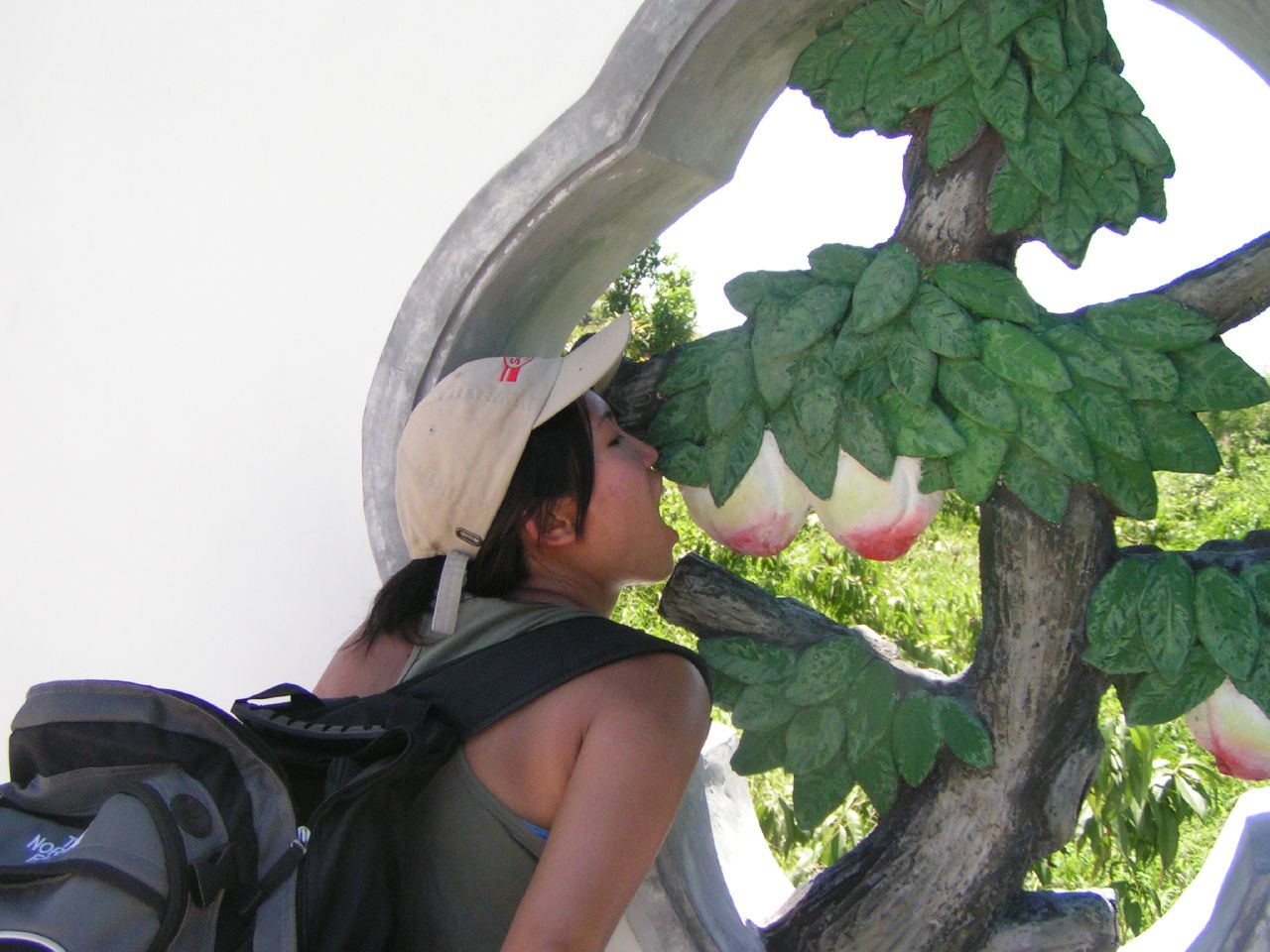Unsolicited, regular advice from a friend
Some of you have on occasion asked me how one can ever know that one loves someone - meaning someone one is considering as a partner for life until death or until the first divorce, whichever is sooner. Others among you have not asked me, but may have been wondering about this most important question.
I came across this really neat piece of writing of how one Lord Dawlish, masquerading as Bill Chalmers, came to the conclusion about what to look for in an ideal partner. At this point of the story (page 119 in the paperback Penguin editio of Uneasy Money by P G Wodehouse, the twentieth century's unparalleled (well, mebbe Woody Allen and Seinfeld came close) master of funny writing), Bill has just found out the really devious reason why his ex-fiancee, Claire, handed him back his ring that night. And then he sets about thinking about life and love, on a long walk heading nowhere in particular.
It's a great piece of writing and thinking - and also, for those who took Consumer Behaviour, offers a great insight into how we sometimes make decisions on the most important things of our life - not using a Fishbein model, but a sudden spark of clarity.
Here goes:
"He found himself thinking of Claire as of someone he had known long ago, someone who had never touched his life. She seemed so far away that he wondered how she could ever have affected him for pain or pleasure. He looked at her across a chasm. This is the real difference between love and infatuation, that infatuation can be slain cleanly with a single blow. In the hour of clear vision which had come to him, Bill saw that he had never loved Claire. It was her beauty that had held him, that and the appeal which her circumstances had made to his pity. Their minds had not run smoothly together. Always there had been something that jarred, a subtle antagonism. And she was crooked.
Almost unconsciously his mind began to build up an image of the ideal girl, the girl he would have liked Claire to be, the girl who would conform to all that he demanded of woman. She would be brave. He realized now that, even though it had moved his pity, Claire's querulousness had offended something in him.
He had made allowances for her, but the ideal girl would have had no need of allowances. The ideal girl would be plucky, cheerfully valiant, a fighter. She would not admit the existence of hard luck.
She would be honest. Here, too, she would have no need of allowances. No temptation would be strong enough to make her do a mean act or think a mean thought, for her courage would give her strength, and her strength would make her proof against temptation. She would be kind. That was because she would also be extremely intelligent, and, being extremely intelligent, would have need of kindness to enable her to bear with a not very intelligent man like himself. For the rest, she would be small and alert and pretty, and fair haired – and brown-eyed – and she would keep a bee farm and her name would be Elizabeth Boyd.
Having arrived with a sense of mild astonishment at this conclusion, Bill found, also to his surprise, that he had walked ten miles without knowing it and that he was turning in at the farm gate."



0 Comments:
Post a Comment
<< Home